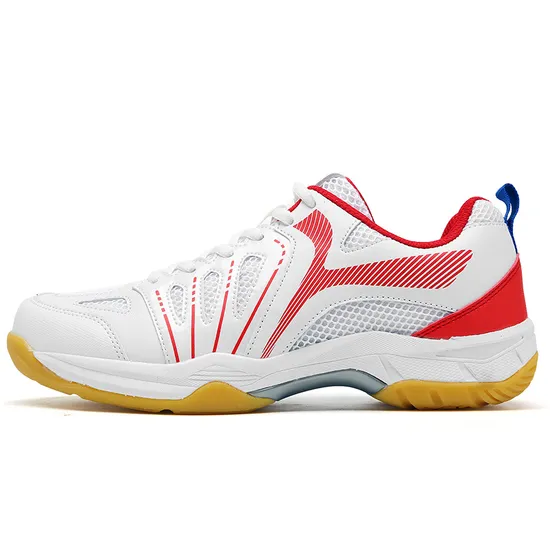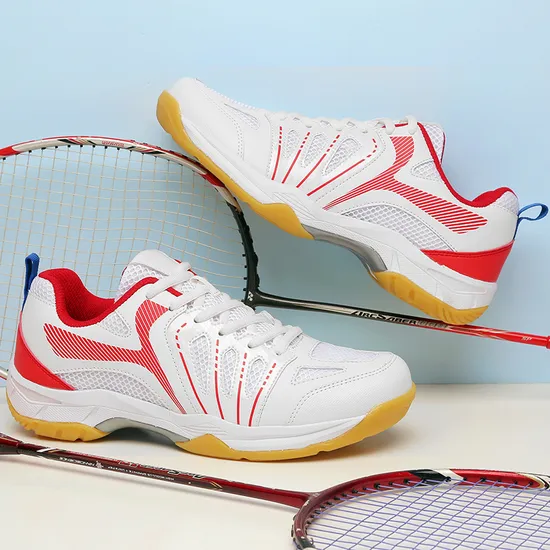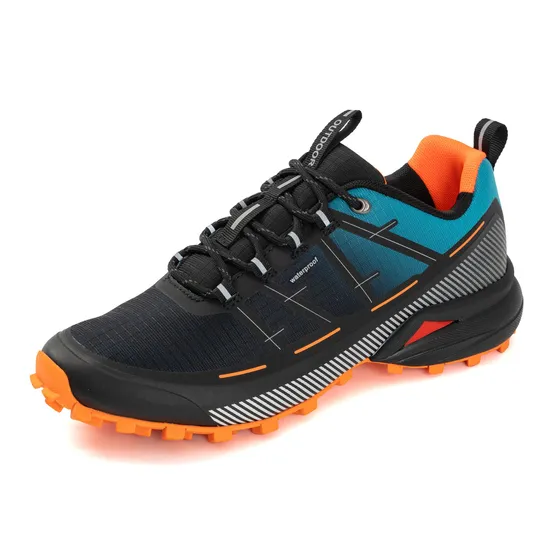
Bosnia and Herzegovina’s footwear market is emerging as a strategic hub in the Western Balkans, driven by post-war economic recovery, rising consumer spending, and growing demand for affordable, durable designs. As a leading Chinese footwear manufacturer, exporting to Bosnia offers access to a cost-sensitive yet quality-focused market with untapped potential. This guide covers compliance requirements, logistics strategies, and market insights tailored for international wholesale buyers and retailers.
—

Why Import Shoes from China to Bosnia and Herzegovina?
1. Cost Competitiveness: Chinese manufacturers produce high-quality footwear at prices 30–45% lower than EU-based suppliers, ideal for Bosnia’s price-conscious retail market.
2. Product Diversity: From winter boots to minimalist sneakers, Chinese factories cater to Bosnia’s diverse tastes and seasonal demands.
3. Market Growth: Bosnia’s footwear imports rose by 10% in 2023, fueled by e-commerce expansion and demand for versatile, everyday footwear.
—
Step-by-Step Import Process
1. Supplier Selection & Quality Assurance
– Find Reliable Suppliers: Use platforms like Alibaba or Global Sources to connect with verified manufacturers. Prioritize suppliers with ISO 9001 (quality management) or OEKO-TEX certifications.
– Verify Compliance: Ensure products meet EU standards (e.g., REACH for chemical safety) and Bosnian local regulations. Request samples to test durability and comfort.
– Negotiate Terms: Clarify MOQs (Minimum Order Quantities), pricing tiers, payment methods (e.g., LC or TT), and lead times (40–55 days for custom orders).
2. Compliance with EU/Bosnian Regulations
– CE Marking: Mandatory for footwear with specific components (e.g., children’s shoes, sports footwear).
– Labeling: Labels must include Bosnian text, EU size designation, material composition, and country of origin (“Made in China”).
– REACH Compliance: Ensure materials do not contain restricted substances (e.g., azo dyes, phthalates).
3. Shipping & Logistics
– Preferred Transport Modes:
– Sea Freight: Most cost-effective for bulk shipments (35–50 days via Adriatic routes to Split Port, Croatia, then road to Bosnia).
– Road Freight: Combine with rail (e.g., China-Europe rail to Sarajevo via Hungary) for faster transit (20–30 days).
– Air Freight: Ideal for high-value or urgent orders (5–7 days) but higher costs.
– Customs Clearance: Prepare invoices, packing lists, certificates of origin, and HS codes (e.g., 6403 for footwear with rubber/plastic soles). Partner with a Bosnian freight forwarder to handle customs procedures.

4. Tariffs & Taxation
– Import Duties: Bosnia applies tariffs averaging 5–12% on footwear, depending on material (e.g., rubber-soled shoes face lower duties). Use Bosnia’s Customs Tariff Database for exact rates.
– VAT (Porez na dodatu vrijednost): 17% standard rate applied to imports; input VAT can be reclaimed with proper documentation.
—
Key Challenges & Solutions
– Logistical Complexity: Bosnia’s landlocked location requires coordination with Croatian or Serbian ports. Partner with logistics providers specializing in the Western Balkans.
– Language Barriers: Hire bilingual coordinators or use translation tools for contracts and labeling (Bosnian/Croatian/Serbian required for tags).
– Quality Control: Conduct pre-shipment inspections in China to avoid disputes over sizing or defects.
—

Market Insights & Trends
1. E-Commerce Growth: Platforms like Amazon Bosnia and local retailers drive sales—optimize listings with keywords like “obuća za muškarce” (men’s shoes) or “letnje cipele” (summer sandals).
2. Sustainability Focus: 60% of Bosnian consumers prioritize eco-friendly brands. Highlight:
– Vegan leather or recycled materials.
– Carbon-neutral shipping options.
3. Seasonal Demand: Plan inventory around peak seasons (holiday sales in November–December, winter sports gear in December–February).
—
Maximizing Profitability
– Optimize Packaging: Lightweight, compact packaging reduces shipping costs.
– Monitor Exchange Rates: Lock in favorable BAM/CNY rates using forward contracts.
– Build Relationships: Negotiate long-term contracts for bulk discounts and priority production slots.
—
Conclusion
Importing shoes from China to Bosnia and Herzegovina combines affordability with access to a resilient, sustainability-driven market. By prioritizing compliance, eco-friendly practices, and strategic logistics, wholesale buyers and retailers can capitalize on Bosnia’s growing demand. Start by partnering with vetted suppliers and leveraging Bosnia’s expanding e-commerce platforms to scale efficiently.
*Boost your import strategy with these keywords: “China footwear suppliers Bosnia,” “EU shoe import regulations Bosnia,” “sustainable footwear sourcing Bosnia,” “Split Port logistics.”*
Article link:https://www.vlefooena.com/manufacturer/3870/

No reply content